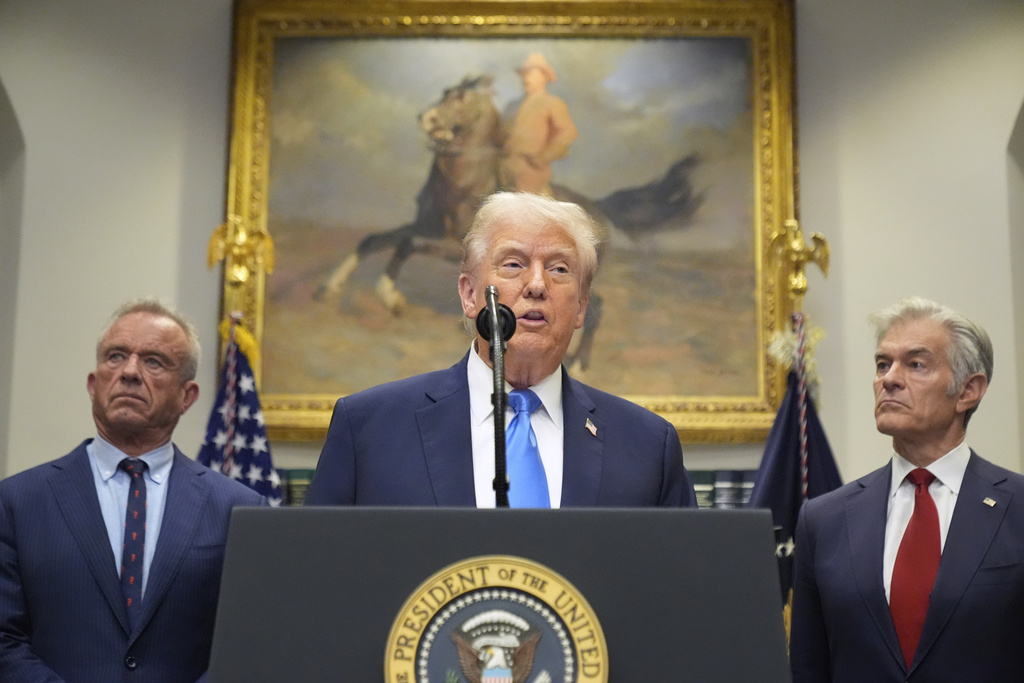CNN’s Havana Bureau Chief Reports: Yes, There Is Autism in Cuba Despite Trump’s ‘Bizarre and False’ Claims

AP Photo/Mark Schiefelbein
In response to President Donald Trump’s claim that Cuba has “virtually no autism” because they can’t afford Tylenol, CNN’s Havana Bureau Chief Patrick Oppmann wrote an article calling the president’s comments “bizarre and false.”
On Monday, Trump held a press conference with Health and Human Services Secretary Robert F. Kennedy Jr. and made a number of unfounded claims about autism, blamed women for taking Tylenol during pregnancy, misrepresented the current vaccine schedule, and erroneously asserted that the Amish have “no autism.”
Trump made a similar claim about Cuba.
“I will say there are parts of the world that don’t take Tylenol,” Trump said. “I mean, there’s a rumor, and I don’t know if it’s so or not, that Cuba — they don’t have Tylenol because they don’t have the money for Tylenol. And they have virtually no autism. OK? Tell me about that one.”
This is not true.
As Oppmann reported, despite Trump’s “bizarre and false claim,” yes, “there is autism in Cuba” and information about how the island’s healthcare system treats autism “is available to anyone savvy enough to write ‘Cuba’ and ‘autism’ into Google.”
The reality of autism existing in Cuba “would normally be too obvious to be a news story,” wrote CNN’s resident fact checker Daniel Dale in a post sharing his colleague’s article.
Oppmann noted the years of public local reporting in Cuba on the state-run medical system’s efforts to treat Cubans with autism, including clinics and awareness campaigns. As the state-run website Cubadebate reported, ” there are 300 Cuban health professionals specialized in autism working in seven centers across the island devoted to treating patients with autism,” Oppmann wrote, including specific treatments that have been in development since 2018.
Cuba does report “much lower instances of autism than many developed countries,” but that is attributed to the “lack of resources needed to more widely diagnose the condition,” Oppmann wrote.
New: The Mediaite One-Sheet Newsletter
Your daily summary and analysis of what the many, many media newsletters are saying and reporting. Subscribe now!






Comments
↓ Scroll down for comments ↓